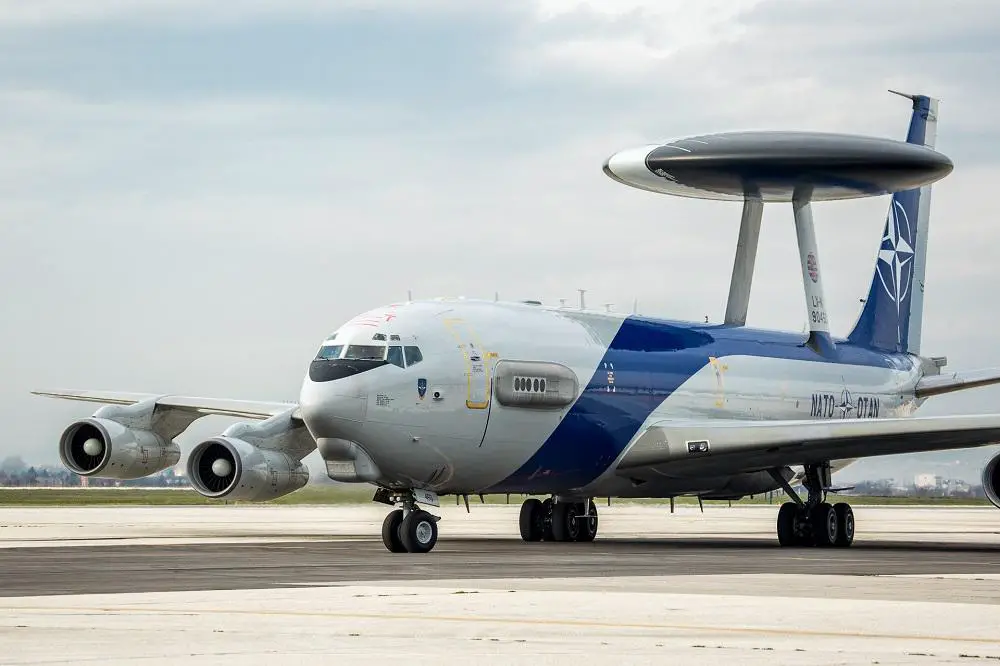The Alliance Future Surveillance and Control (AFSC) Project has reached a new milestone in its Concept Stage following the completion of the Risk Reduction and Feasibility Studies (RRFS). Subject Matter Experts from NATO Nations, NATO bodies and Strategic Commands will now participate in a detailed assessment of the results. The outcome of this assessment, together with an analysis of potential capability gaps by NATO’s Military Authorities, will inform Nations’ decisions to initiate the implementation of AFSC through multiple development programmes in the 2024-2025 timeframe.
“The current conceptual development gives NATO a comprehensive industry view on emerging technologies, systems and solutions. The three teams did an excellent job in providing an in-depth analysis of the increasing contribution of uncrewed and autonomous air assets, space-based sensors, advanced tactical networks, multi-domain connectivity and military cloud concepts, that can be brought together under one coherent System-of-Systems architecture in order to meet NATO’s future surveillance and control requirements.” said Dr Cagatay Soyer, AFSC Project Manager.

In March 2022, the Agency awarded three contracts for these RRFS, one per study, to the ABILITI team led by Boeing*, the ASPAARO team led by Airbus and Northrop Grumman, and a third team led by General Atomics. The aim of the studies was to develop and analyse the feasibility of three promising concepts identified during the initial high-level concept (HLTC) studies of the AFSC Project. The RRFS saw strong industry players and specialist companies from across NATO Nations teaming up to enable the analysis of a wide range of requirements and propose innovative solutions.
Triggered by the expected retirement of its Airborne Warning and Control System (AWACS) fleet around 2035, NATO is defining a new generation of surveillance and control capabilities under the Alliance Future Surveillance and Control (AFSC) Project Under the governance of all NATO Nations, the new capabilities are expected to fulfil military requirements covering surveillance and tactical control in all domains and in a wide range of operational scenarios.















